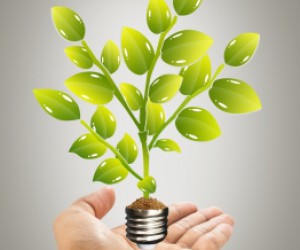Many interventions and projects have been proposed and studied in detail, suggesting that it makes economic sense to promote end-user energy efficiency and the demand-side management approach to business best practice. Yet, somehow this important aspect of energy efficiency in our nation's plans has not been fully realised.
Sustainability is all about using the resources of today efficiently, so that it meets our current needs, but doesn’t compromise the ability of others to meet their needs in the future. Projections indicate that coal will continue to be our main source of energy in South Africa, hence finding ways of using these fossil fuels in an efficient way is important during the transition to cleaner energy.
Carbon taxes could play an important role in changing the nation’s mindset and creating a legacy and future for our country as we are forced to face this reality. With this coal-based energy economy, South Africa is one of the highest emitters of greenhouse gases compared to other developing countries, and a turnaround strategy is required.
In the past, South Africa had excess electricity capacity. That has now come to an end and investment into new capacity and generation has become a priority as our dependence on the coal-fired power stations has been exposed.
Options for domestic supply have moved to various renewable energy technologies, nuclear power, hydroelectricity and gas for combined cycle gas turbines. In the liquid fuel sector, we are looking at the extension of refinery capacity and the introduction of biofuels, raising important policy questions regarding energy for our sustainable development.
Yet, energy efficiency continues to make the greatest impact in sustainable development. Industrial efficiency shows significant savings in energy and costs. Commercial energy, although at a slightly smaller scale, shows a similar pattern.
Perhaps the most exciting opportunity is in residential energy efficiency where social sustainability is being empowered through involvement at the simplest of levels, by switching off if you don’t need it infiltrating into the workplace. No business today can afford to not be educated in energy efficiency practices! In the short term, energy efficiency will be critical to making South Africa’s energy development more sustainable.
If not now, when? If not us, who?










